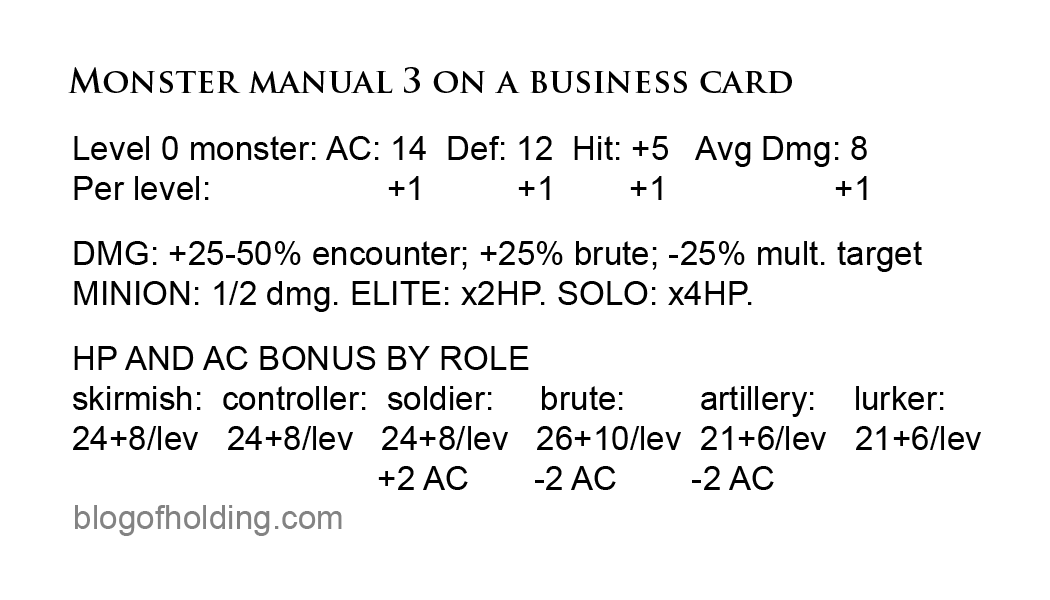billd91
Not your screen monkey (he/him) 🇺🇦🇵🇸🏳️⚧️
I'd go one step further. He's making the classic "DM should not be called a storyteller" mistake. The story is about the PCs and how they handle the epic, not the epic
itself.
That's really a question of the way you choose to play. It sounds like 3 out of 5 of the players had fun with the campaign, rules blunders aside. And 1 of the 2 complainers seems to have been largely OK with the campaign as well. They say 10,000 Elvis fans can't be wrong. The same is pretty much true here.








